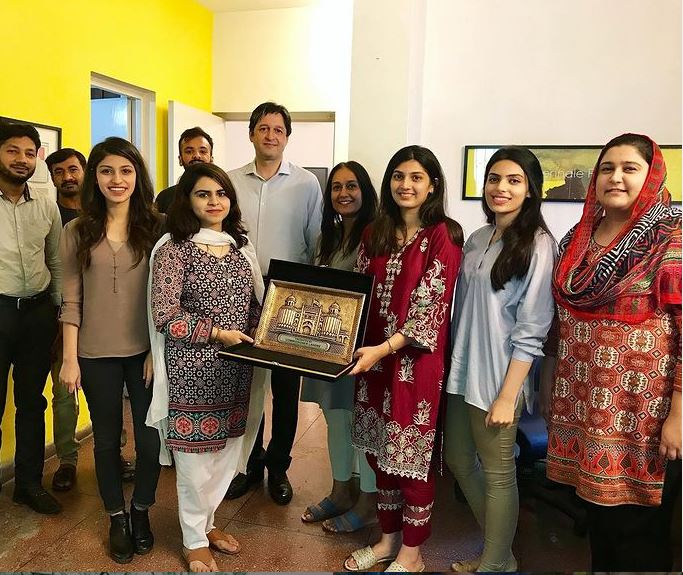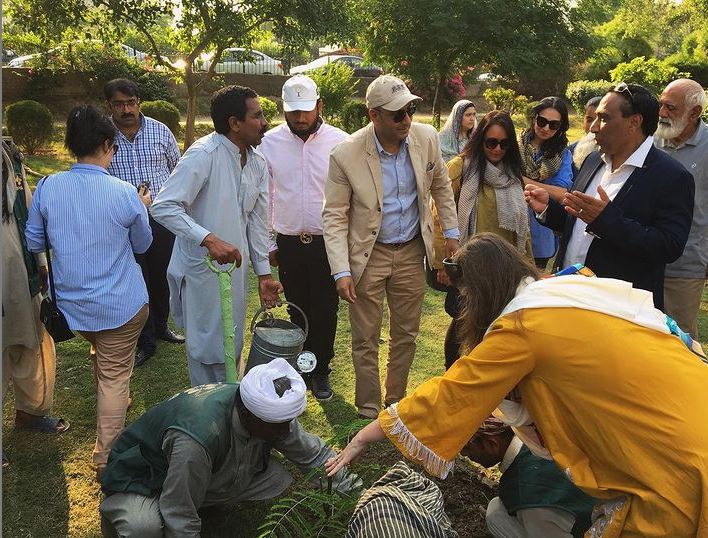Afforestation Lahore Group
Social InitiativeThe Afforestation Lahore Group (ALG) is a landmark initiative of the Commissioner Office Lahore in collaboration with the Lahore Biennale Foundation (LBF) who have brought the government and the civil society together for better health of the city and its people. Understanding that Lahore has lost 75% of its tree cover over the last 20 years, as a result of which it is now ranked the second worst city in the world (during smog season) in terms of Air Quality Index by Air Visual), it is imperative to initiate a re-plantation drive to counter carbon emission along with the other necessary steps taken by the government. The ALG is designed to encourage a collaborative and multidisciplinary approach amongst the fields of art and philanthropy in Pakistan which focuses on supporting research and development – by building relationships with private, government, institutional and corporate partners, both at domestic and international levels. Climate change presents a tangible threat and given its severity it is imperative to have all stakeholders united on one single platform. It is hoped that with this initiative we would able to give nature a chance and allow wilderness to take over. It is hoped that with this initiative a total of 2.5 million trees will be planted in the city of Lahore and in order to achieve this goal, all stakeholders of the society must play an active part.
Mission and Vision
- Proposing tree cover of indigenous and endangered species
- Hands-on engagement with local communities and Land-care groups, and contributing to a reduction in net greenhouse gas emissions
- Cater to the rising problem of smog in the city through increase in tree foliage
- Effective measure against climate change
- Diversification and increase in native species of Flora and Fauna through afforestation of the land
- Reinstating ecological habitat sensitive to the local footprint
- Increasing employment opportunities
- Encourage public outreach and involvement
- The campaign to be mobilized with shared ambition of citizens, governmental instruments, educational institutes, influencers, activists and enthusiasts both locally and internationally
- Artist(s), architects, landscape specialists, urban planners, land-care groups and related professionals to play an active part through programming

